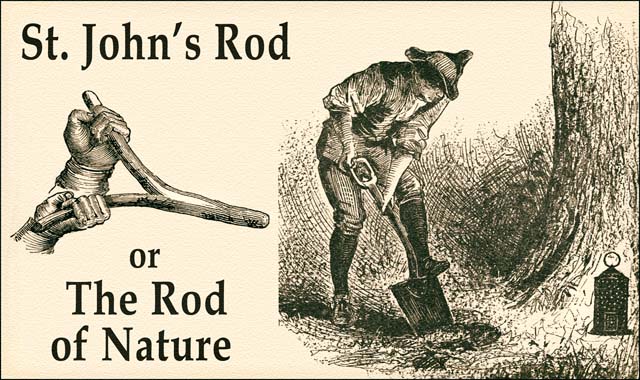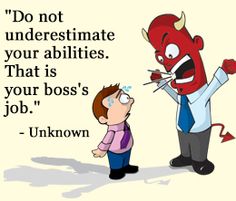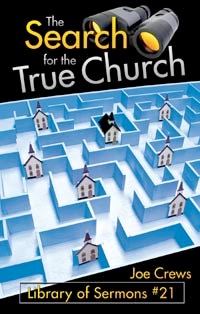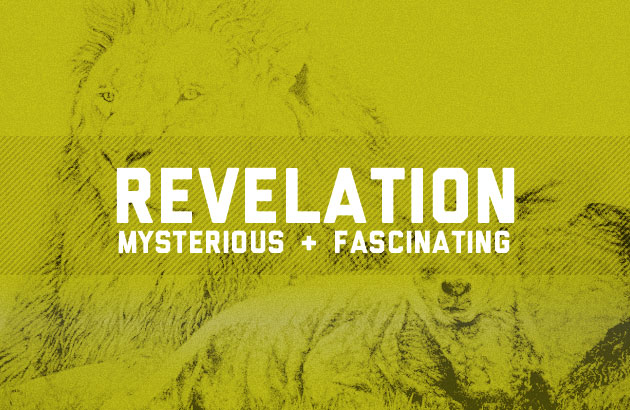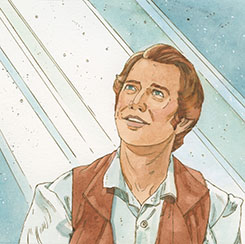Revelation: It’s so vague it’s hard to say if I’ve experienced it. I can’t think of a single instance in receiving “a still, small voice” in reply to a question. I can think of a couple of journal entries during my mission where I had abnormal experiences. I’d argue then it was revelation, but now I’m not so sure. That’s what makes this topic difficult for me. Was my dabbling in receiving spiritual information an illusion created by the need to bridge my spiritual dissonance, or did I really experience what I said I experienced?
A friend of mine sent me a BYU-H devotional featuring Kerry Muhlestein, Associate Professor of Ancient Scripture, that had some interesting points:
We must sift our learning through the gospel rather than sift the gospel through our learning…Those who deride revelation do so because they have not had experience with it, and thus, it makes no sense to them. As Paul taught, “The natural man receiveth not the things of the Spirit of God: for they are foolishness unto him: neither can he know them, because they are spiritually discerned” (1 Corinthians 2:14). However, we cannot let the world’s views on the validity of our revelatory experiences cause us to abandon that most reliable way of learning and knowing. As Paul goes on to say, “But he that is spiritual judgeth all things, yet he himself is judged of no man” (1 Corinthians 2:15).
Sometimes I feel like because I have embraced my ‘natural man’ I have lost my ability to discern spiritual things, and now it has become foolishness to me. I feel like I am being cautioned against the very feeling I am having.
The devotional goes on to point out the validity of the source of where we put our trust: man or God:
Work hard to discern between man’s ideas and God’s. Trust in what you learn through revelation. If something you learn from the world seems to contradict what you have learned through revelation, carefully question all your assumptions, but never forget the validity of what God has taught you through revelation. Remember that “unto you it is given to know the mysteries of the kingdom, but unto the world it is not given to know them” (D&C 42:65).
This is fantastic, but I don’t feel like I am privy to revelation. Whether it’s my natural man or my naturally skeptic POV, it just doesn’t come. So as powerful as this statement is, what is its worth if it is out of my reach? Upon what source of truth do I depend? Others who receive it for me? If you’ve ever sat through a testimony meeting (nice YouTube parody), I trust someone else’s revelations as much as I trust a used car salesman.
But the invitation is still appealing. It’s a call for reason and revelation.
Go out and do everything you can to learn about them using every kind of ability you have, but when you do so, remember the limitations of your own mind and the limitations of the academic process, and contrast that with the trustworthy and unvarying nature of that God who speaks to you through the Holy Ghost. Because He does not vary, you can always trust what He tells you.
I like the content, but the phrasing, “limitations of your own mind” jumps out at me. I again refer to a typical testimony meeting. “Trustworthy” and “Unvarying” are not present when listening to a few Mormon whacks tell about how the received revelation to do something like call a friend who was depressed or how they felt the Holy Ghost so much during nursery. If I can’t trust everyone else’s interpretation of the Holy Ghost, how am I to trust mine? If I learn to trust mine, how can I minimize the promptings of others. It’l a lose-lose. UNLESS I acknowledge the all the crazies and their wacky revelations. I am too skeptical to accept that.
It boils down to “trust in your feelings as long as they correlate with what we’ve said is OK.”
How do you get revelation?



